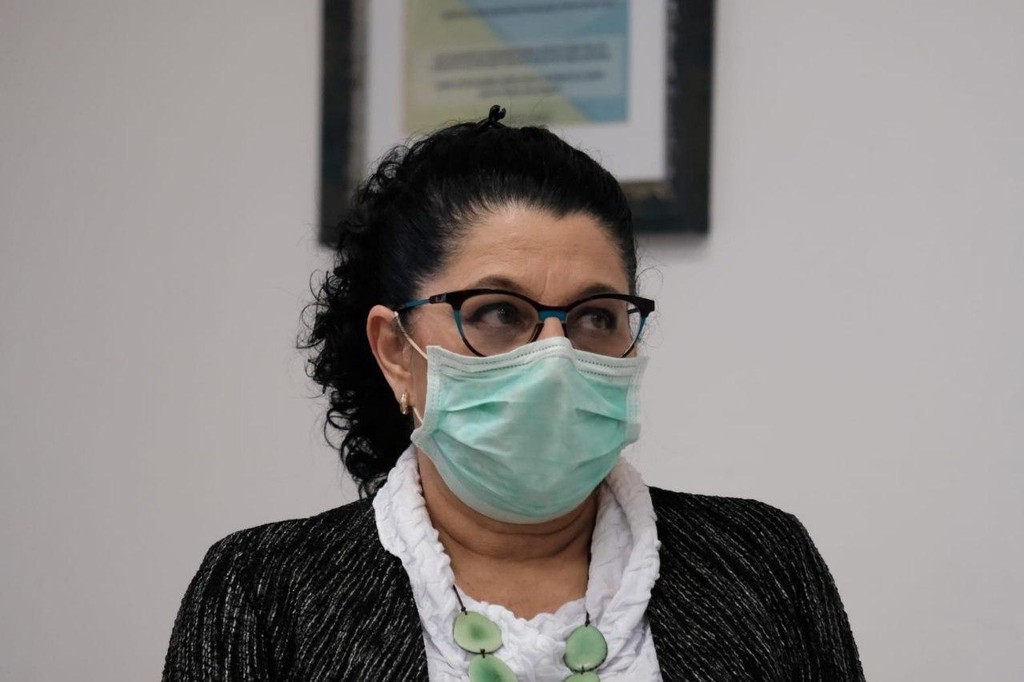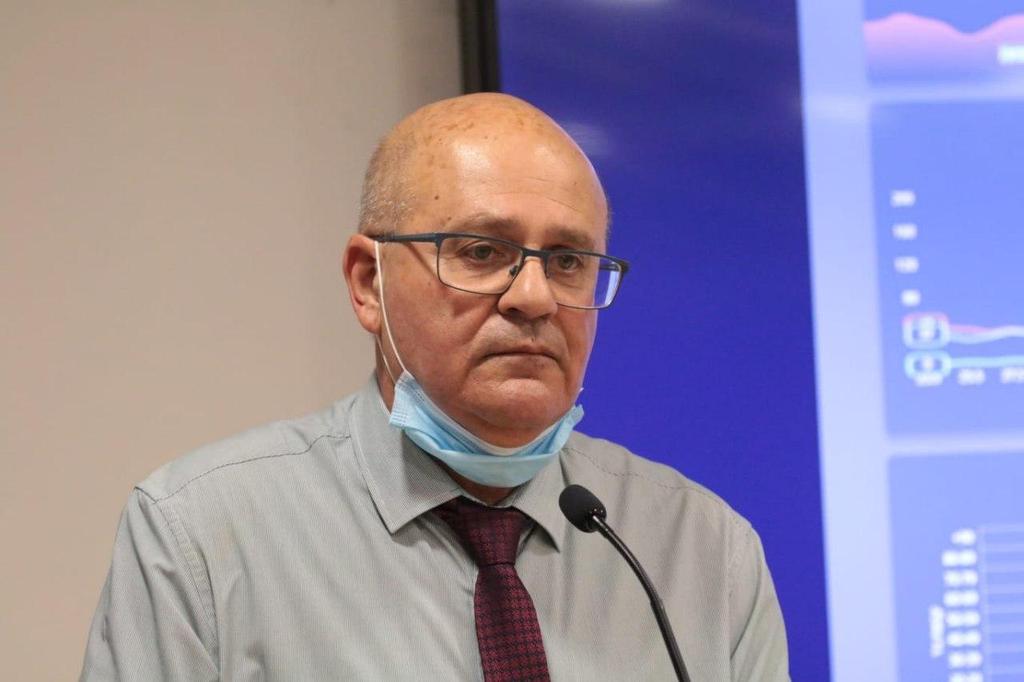Getting your Trinity Audio player ready...
Prof. Siegal Sadetzki, head of the public health services in the Health Ministry, announced on Tuesday her resignation for the post with a letter slamming the government response to the coronavirus pandemic.
In the letter, which was sent to the ministry's new director-general, Prof. Hezi Levi, Sadetzki criticized the reopening strategy of the economy following the first wave of coronavirus infections.
Health Minister Yuli Edelstein, who learned of Sadetzki's resignation during an interview with Ynet, said he "did not know of any letter."
Sadetzki writes in the letter that the rush to reopen the economy had a ruinous effect.
"Our achievements during the first wave vanished following the wide and quick reopening of the economy," wrote Sadetzki.
"The transition following the first wave was wider and more hasty than in other Western nations," she said. "The treatment of the virus and the way decisions were made fundamentally changed, resulting in the steep rise in morbidity."
"Because of this, unfortunately, a severe denial proliferated in regards to the level of morbidity and to the consequences of decision making regarding the virus," she said.
"While public statements said that decisions and initiatives would change according to their effect on the general public, in reality, the reopening of the economy was done with severe shortening of the timetables and without any 'precautionary measures' – despite the data showing the situation is worsening. Only last weekend, have murmurs begun to be heard about initiating restrictive measures that were done too little and too late in my opinion," she wrote.
"I hope that I will be found wrong in the end, and hope that my warnings in various forums were redundant, that the nighttime talks I held were unnecessary and my projections for the national morbidity from the virus will be found to be false. I hope I am wrong."
She continued: "The first wave was characterized by professional and ethical leadership, that focused on human lives above anything else. My sense is that as time went on, we turned away from a professional, proactive response to events to decision-makers with no authority reacting belatedly to reality.
"The results of this change are very apparent," she said. "Global experience with epidemics shows that refraining from the tough choices because lawmakers and experts worry about consequences eventually hurts us ten-fold. For weeks, the handling of the virus has lost direction. Despite systematic warnings and debates, we are seeing the window of opportunity closing fast.
"Because of this, and since my advice and opinions on the matter were ignored – I am no longer capable of effectively assisting in stopping the virus' spread," she said.




